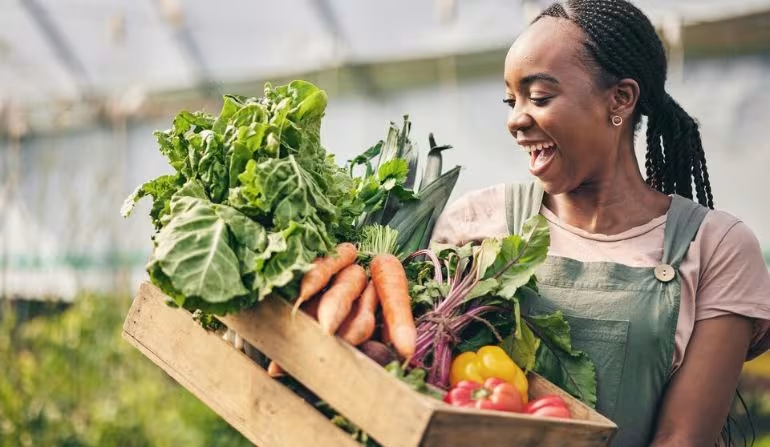Sustainable Farming Initiatives

Empowering Communities through Sustainable Farming Initiatives
Project Wazee's community farming programs bring people together to cultivate nutritious food while fostering a sense of purpose and connection. These initiatives help elderly individuals stay active and engaged, while also addressing food security in local communities.
By creating community gardens and small-scale farms, we enable seniors to contribute to growing fresh produce for themselves and their neighbors. This approach promotes sustainable living and helps communities become more self-sufficient in food production.
Community farming goes beyond providing food; it builds connections between generations and offers therapeutic benefits to seniors. Our programs focus on sustainable agriculture practices that not only benefit the environment but also provide a platform for skill-sharing and social interaction.
-
Establishing community gardens where elderly individuals can participate in planting, tending, and harvesting crops, promoting physical activity and mental well-being.
-
Offering workshops on sustainable farming techniques, such as organic gardening, water conservation, and composting, to empower communities with valuable knowledge.
-
Providing training for young people to support farming activities, thereby creating intergenerational connections and skill-sharing opportunities.
-
Using the produce grown in community gardens to support nutrition programs for the elderly and other vulnerable groups, ensuring access to fresh and healthy food.
-
Promoting eco-friendly practices that reduce the environmental impact of farming while enhancing local food security.
Through community farming, Project Wazee aims to improve food access, foster a spirit of cooperation, and promote healthy living among seniors and the broader community. By growing together, we are not only cultivating crops but also sowing the seeds of unity and resilience for a better future.

